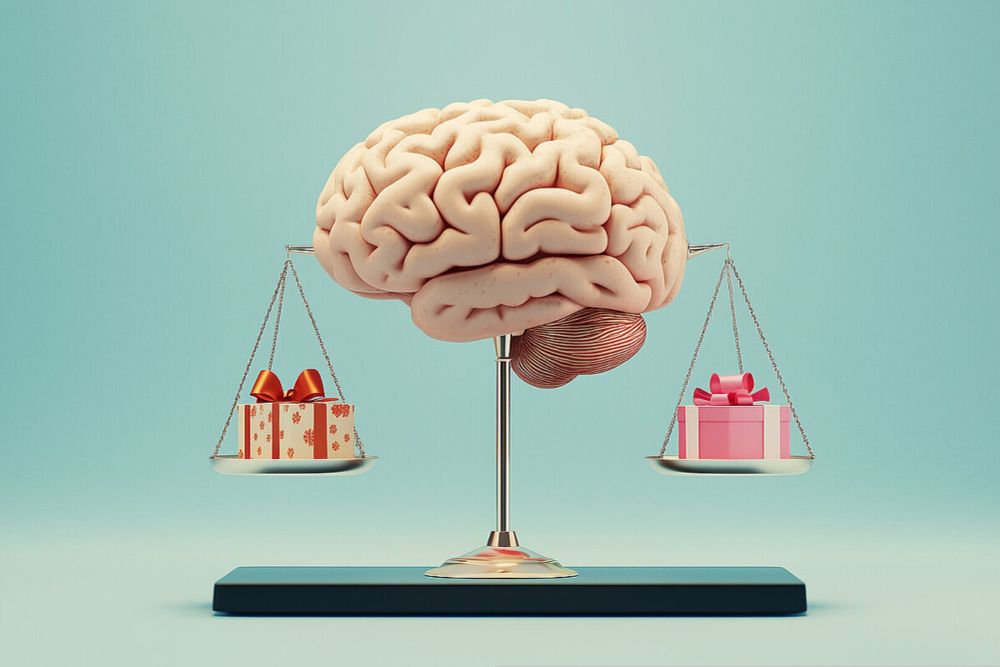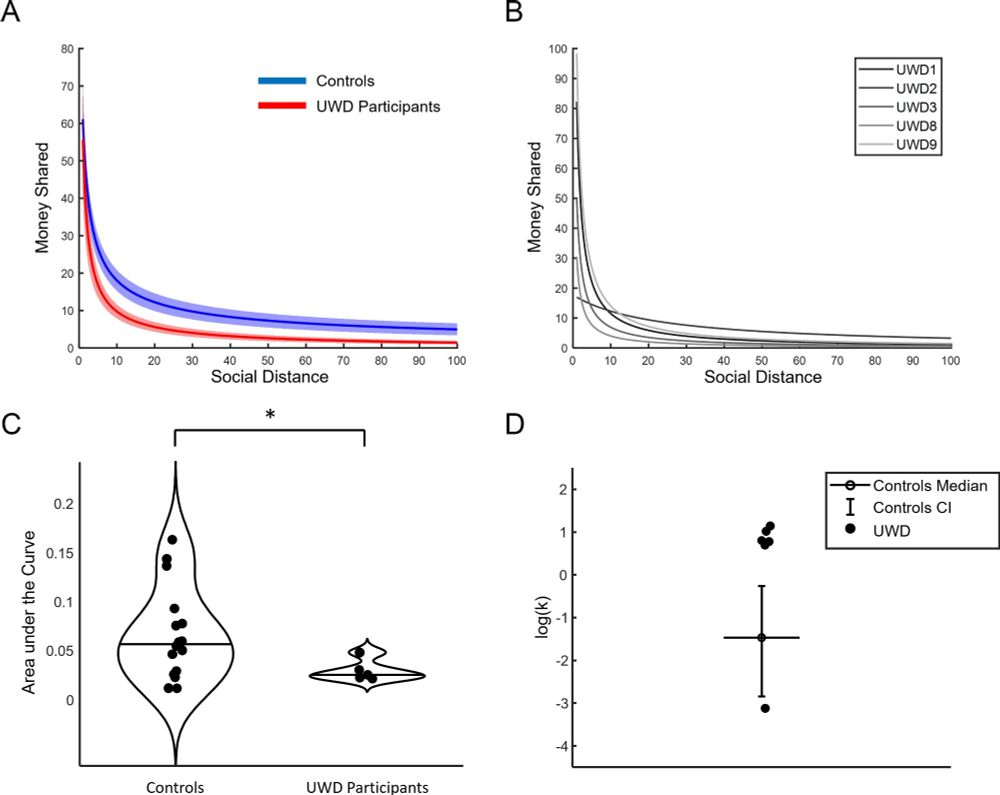https://www.psychologie.hhu.de/en/research-teams/comparative-psychology
In unserer Reihe “Forschung im Fokus” blickt Tobias Kalenscher (@kalenscher.bsky.social), Professor für Vergleichende Psychologie an der @hhu.de, auf das Thema. 2/3
In unserer Reihe “Forschung im Fokus” blickt Tobias Kalenscher (@kalenscher.bsky.social), Professor für Vergleichende Psychologie an der @hhu.de, auf das Thema. 2/3
journals.sagepub.com/doi/10.1177/...

@hhu.de @socforneuroecon.bsky.social @decisionneurop.bsky.social @leoschilbach.bsky.social @ucl.ac.uk
@hhu.de @socforneuroecon.bsky.social @decisionneurop.bsky.social @leoschilbach.bsky.social @ucl.ac.uk
#neuroscience #schizophrenia #sociallearning #social #socialneuroscience #neuroeconomics
doi.org/10.1523/JNEU...

ℹ️ Info: www.psychologie.hhu.de/en/arbeitsgr...
#neuroeconomics #prosocial #neuroscience
@hhu.de @socforneuroecon.bsky.social @pnas.org @hhu.de.web.brid.gy @decisionneurop.bsky.social #prosocial #socialneuroscience #PNAS #Neuroscience #Stress #Social #Polarization #ParochialAltruism #Cortisol #populism
@hhu.de @socforneuroecon.bsky.social @pnas.org @hhu.de.web.brid.gy @decisionneurop.bsky.social #prosocial #socialneuroscience #PNAS #Neuroscience #Stress #Social #Polarization #ParochialAltruism #Cortisol #populism
Our results, thus, offer a neurobiological mechanism for the populist playbooks how fear and stress contributes to rising polarization in society. It also sheds light on why intergroup conflicts escalate, and why they persist even among rational actors. Link: www.pnas.org/doi/10.1073/...
Our results, thus, offer a neurobiological mechanism for the populist playbooks how fear and stress contributes to rising polarization in society. It also sheds light on why intergroup conflicts escalate, and why they persist even among rational actors. Link: www.pnas.org/doi/10.1073/...
Thus, we show that this dual effect (ingroup altruism plus outgroup aggression) amplifies an “us-vs.-them” mentality. This helps explain how fear-based political messaging may trigger group cohesion and, at the same time, fuel hostility toward outsiders.
Thus, we show that this dual effect (ingroup altruism plus outgroup aggression) amplifies an “us-vs.-them” mentality. This helps explain how fear-based political messaging may trigger group cohesion and, at the same time, fuel hostility toward outsiders.
In our new study, we show:
🧪 Cortisol (main stress hormone) promotes cooperation with the ingroup
🧪 Noradrenaline (arousal transmitter) drives hostility toward outgroups, even at personal costs
Stress doesn't just make you aggressive or altruistic. It shapes who you support or oppose.
In our new study, we show:
🧪 Cortisol (main stress hormone) promotes cooperation with the ingroup
🧪 Noradrenaline (arousal transmitter) drives hostility toward outgroups, even at personal costs
Stress doesn't just make you aggressive or altruistic. It shapes who you support or oppose.

@pnas.org @hhu.de @socforneuroecon.bsky.social @decisionneurop.bsky.social #prosocial #socialneuroscience #neuroeconomics

@pnas.org @hhu.de @socforneuroecon.bsky.social @decisionneurop.bsky.social #prosocial #socialneuroscience #neuroeconomics


